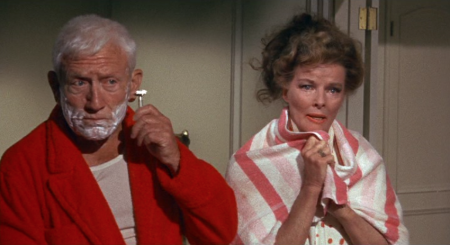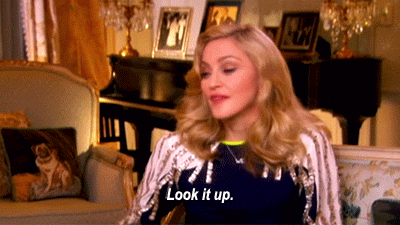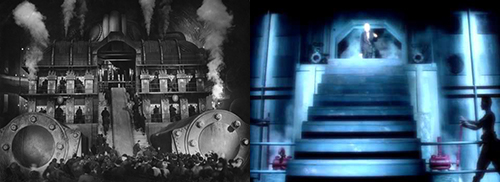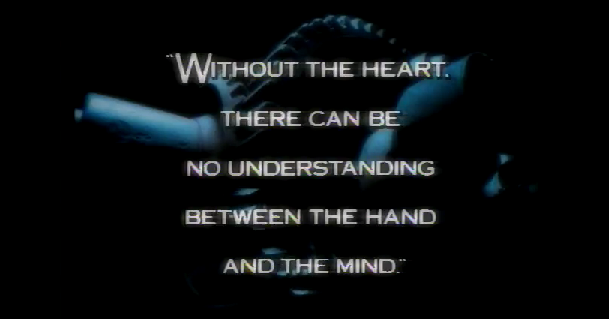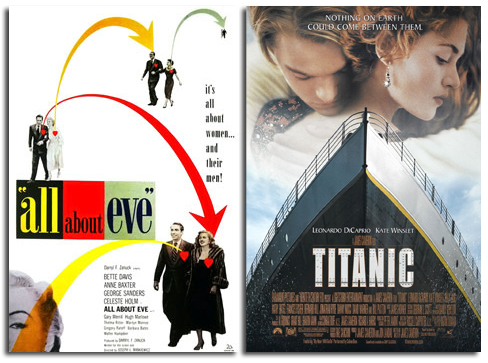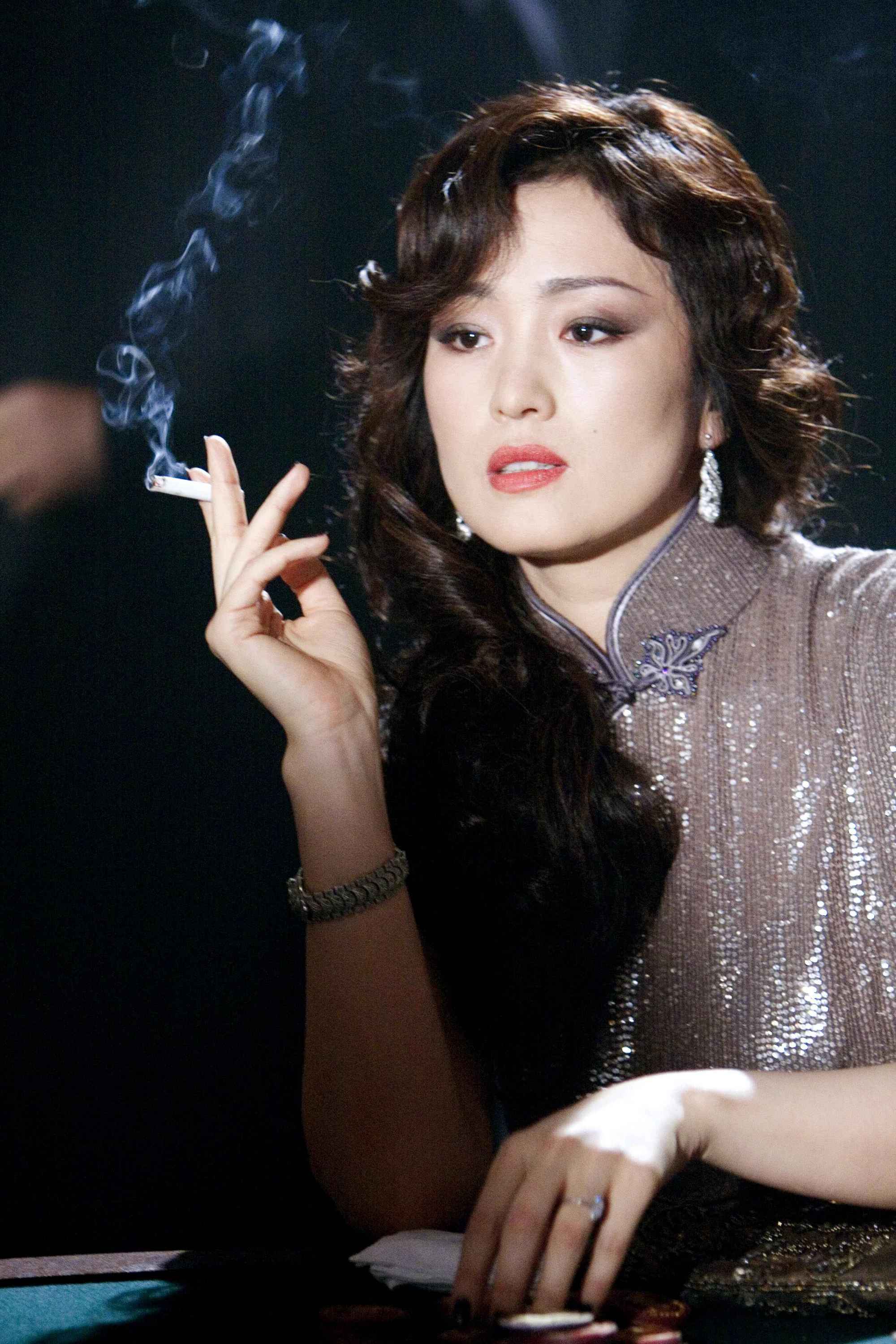A Year with Kate: Guess Who's Coming To Dinner (1967)
 Wednesday, August 27, 2014 at 2:45PM
Wednesday, August 27, 2014 at 2:45PM Episode 35 of 52: In which Katharine Hepburn wins her second Oscar and loses Spencer Tracy.
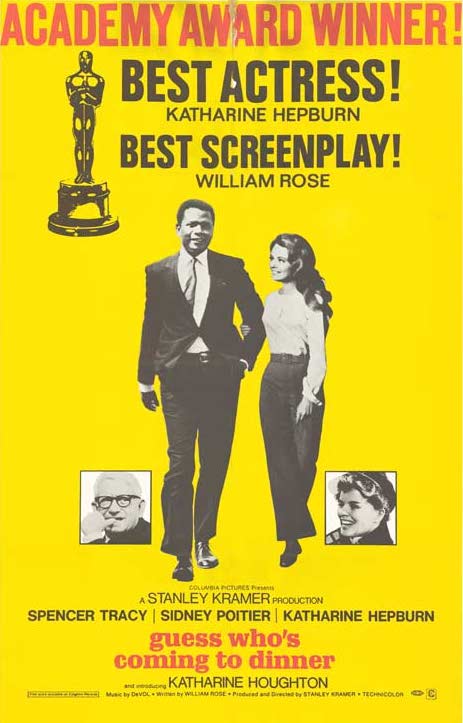 Today is the first of many goodbyes we’ll have to say on this series. After the success of Long Day’s Journey Into Night, with critics declaring her one of the greatest screen actresses of her generation, Kate disappeared for five years to take care of her partner of three decades, Spencer Tracy. It was the longest break she’d taken since she started making movies in 1932, not even her infamous “Box Office Poison” drought had lasted longer than 3 years. But the news was bleak: Spencer Tracy was dying.
Today is the first of many goodbyes we’ll have to say on this series. After the success of Long Day’s Journey Into Night, with critics declaring her one of the greatest screen actresses of her generation, Kate disappeared for five years to take care of her partner of three decades, Spencer Tracy. It was the longest break she’d taken since she started making movies in 1932, not even her infamous “Box Office Poison” drought had lasted longer than 3 years. But the news was bleak: Spencer Tracy was dying.
Spencer Tracy’s health started declining rapidly in 1961. By 1967, he was in such poor health that the studios considered him uninsurable. Everyone working on Guess Who’s Coming To Dinner knew that this would be his last film. As a result, when Spencer Tracy died 17 days after shooting wrapped, Stanley Kramer’s sweet dinner comedy gained new gravitas as the summation of the two decade-long partnership between Tracy and Hepburn.
Guess Who’s Coming To Dinner was supposed more about miscegenation and racism than it was about reuniting screen legends. Released between Loving v. Virginia and Martin Luther King Jr.’s assassination, Guess Who’s Coming To Dinner told the topical story of a liberal San Francisco couple (Kate and Spence) whose daughter (Katharine Houghton, Hepburn’s pretty but dull niece) announces that she’s going to marry an African American doctor (Sidney Poitier, underused). There are a host of issues--the lovebirds have only known each other two weeks and he’s over 10 years her senior--but because this is 1967, race is the main problem the Draytons are forced to chew on. Because of its topicality, Guess Who’s Coming To Dinner was a smash success, earning a spot in the Box Office Top 10 and two Oscar wins.
